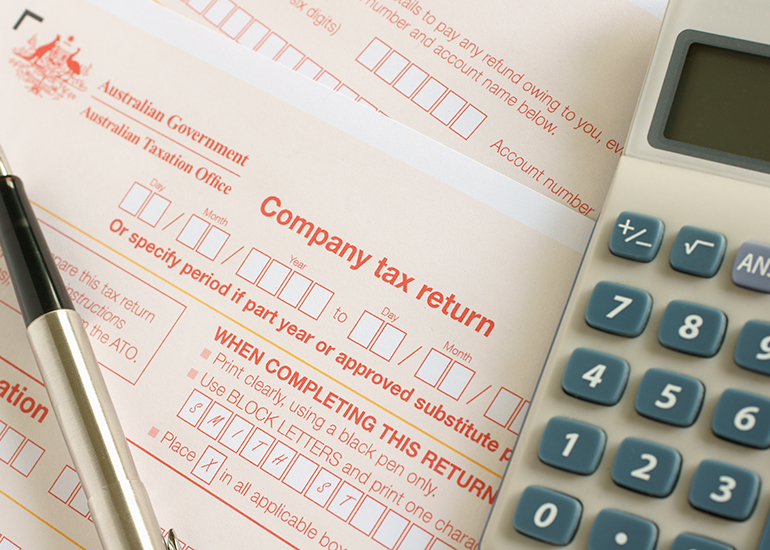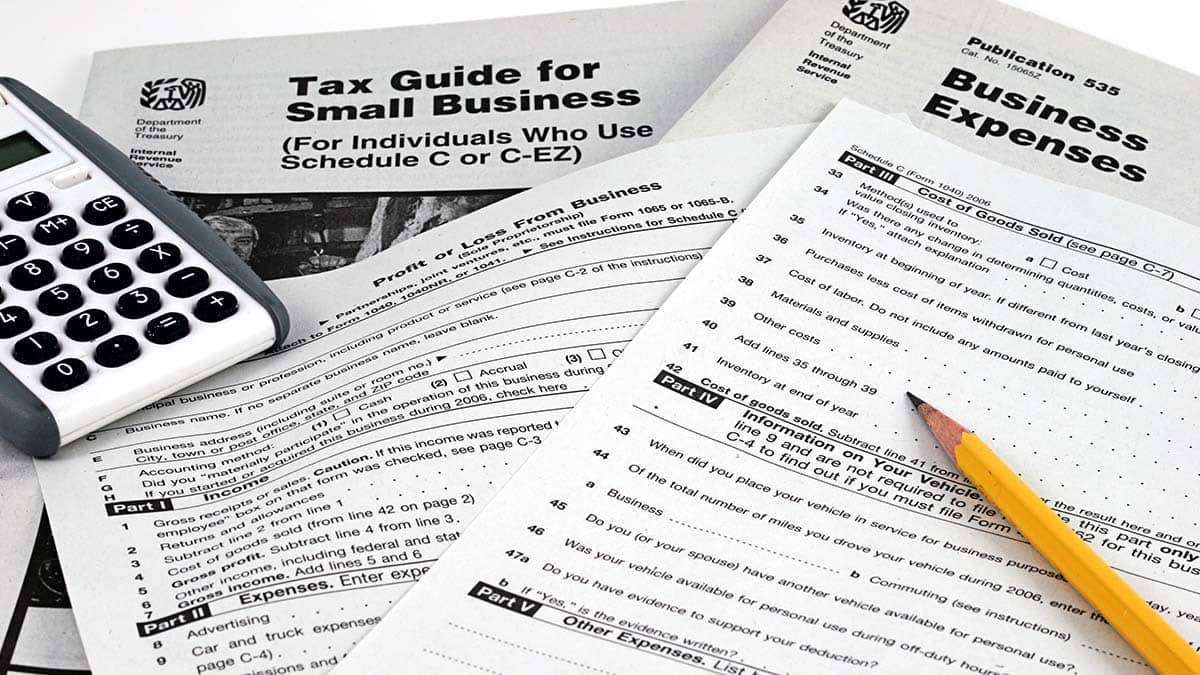Understanding the Importance of Accessing a Company’s Tax Return
When it comes to understanding the financial health and compliance of a company, accessing its tax return is crucial. A company’s tax return provides comprehensive information about its income, deductions, credits, and other financial aspects that play a vital role in assessing its overall performance. However, obtaining this document is not as simple as clicking a button. In this article, we will explore the different methods and considerations involved in acquiring a company’s tax return.
Why Accessing a Company’s Tax Return Matters
A company’s tax return is a critical financial document that offers valuable insights into its financial situation. Here are some key reasons why gaining access to this information matters:
Financial Analysis: Understanding a company’s tax return allows investors, stakeholders, and analysts to perform an in-depth financial analysis. This analysis helps them gauge the company’s profitability, growth prospects, and potential risks.
Tax Compliance: Accessing the tax return enables individuals to verify whether the company is adhering to the tax laws and fulfilling its tax obligations. This is crucial, as non-compliance can lead to severe legal repercussions.
Investment Decisions: Investors often rely on a company’s tax return to make informed investment decisions. The data within the return can highlight a company’s financial stability and potential for generating returns.
Comparative Analysis: By examining multiple companies’ tax returns within the same industry, one can make a comparative analysis, identifying trends and benchmarks that help in making strategic decisions.
Methods to Obtain a Company’s Tax Return
Gaining access to a company’s tax return requires adherence to certain rules and procedures. Here are some methods to obtain this crucial document:
1. Publicly Traded Companies
For publicly traded companies, obtaining tax-related information is relatively straightforward. The U.S. Securities and Exchange Commission (SEC) requires these companies to submit annual reports, including their tax returns, in the Form 10-K. These reports are available on the SEC’s Electronic Data Gathering, Analysis, and Retrieval (EDGAR) system, which is accessible to the public.
2. Non-Profit Organizations
Non-profit organizations are required to file a Form 990, which is similar to a tax return for tax-exempt entities. Form 990 includes detailed financial information, governance, and mission-related activities. The Internal Revenue Service (IRS) makes these forms available for public inspection, and they can be accessed from various sources, including the IRS website, non-profit databases, and specialized research platforms.

How do I get a company’s tax return?
3. Freedom of Information Act (FOIA) Requests
For private companies and businesses, accessing tax returns can be more challenging due to confidentiality concerns. However, the Freedom of Information Act (FOIA) in the United States allows individuals to request certain documents from government agencies, including tax returns for specific entities that fall under their jurisdiction.
It’s important to note that FOIA requests for tax returns can be subject to exemptions, especially when they involve sensitive information or commercial trade secrets. The success of such requests often depends on the context and the reason for the inquiry.
4. Third-Party Services and Databases
Various third-party services and databases specialize in providing financial information about companies, including their tax returns. These services often aggregate data from publicly available sources and compile them into comprehensive reports. While some of these services may require a subscription or fee, they can save significant time and effort compared to conducting individual searches.
5. Tax Return Consent Form
In certain situations, companies may voluntarily provide their tax return information to authorized parties. These parties can include potential investors, lenders, or business partners. A tax return consent form, signed by the company, is usually required to access such sensitive information. This approach is particularly common in the context of mergers and acquisitions, where due diligence plays a crucial role.
Considerations and Legal Implications
While accessing a company’s tax return can be informative, it is essential to be mindful of legal implications and ethical considerations:
Confidentiality: Tax returns contain sensitive financial information. Unauthorized access or dissemination of such information can lead to legal consequences.
Compliance: When accessing tax returns through FOIA requests or other means, it is crucial to comply with all applicable laws and regulations.
Purpose of Use: Ensure that the tax return is obtained for legitimate purposes, such as investment analysis, research, or due diligence, and not for malicious intent. https://cbdtax.com.au/
Data Accuracy: Be aware that financial information can be complex and subject to misinterpretation. Seek professional assistance if needed to understand the data accurately.
Jurisdictional Variations: The rules and procedures for accessing tax returns may differ between countries and regions. Understand the specific requirements of the relevant jurisdiction.
Conclusion
Accessing a company’s tax return is an essential step in understanding its financial health, tax compliance, and overall performance. While public companies and non-profit organizations often have their tax-related information readily available, gaining access to private company tax returns may require more effort and consideration of legal and ethical aspects. Whether it’s for investment decisions, financial analysis, or due diligence, always approach the process with caution, ensuring compliance with relevant laws and respecting the confidentiality of sensitive financial information.


